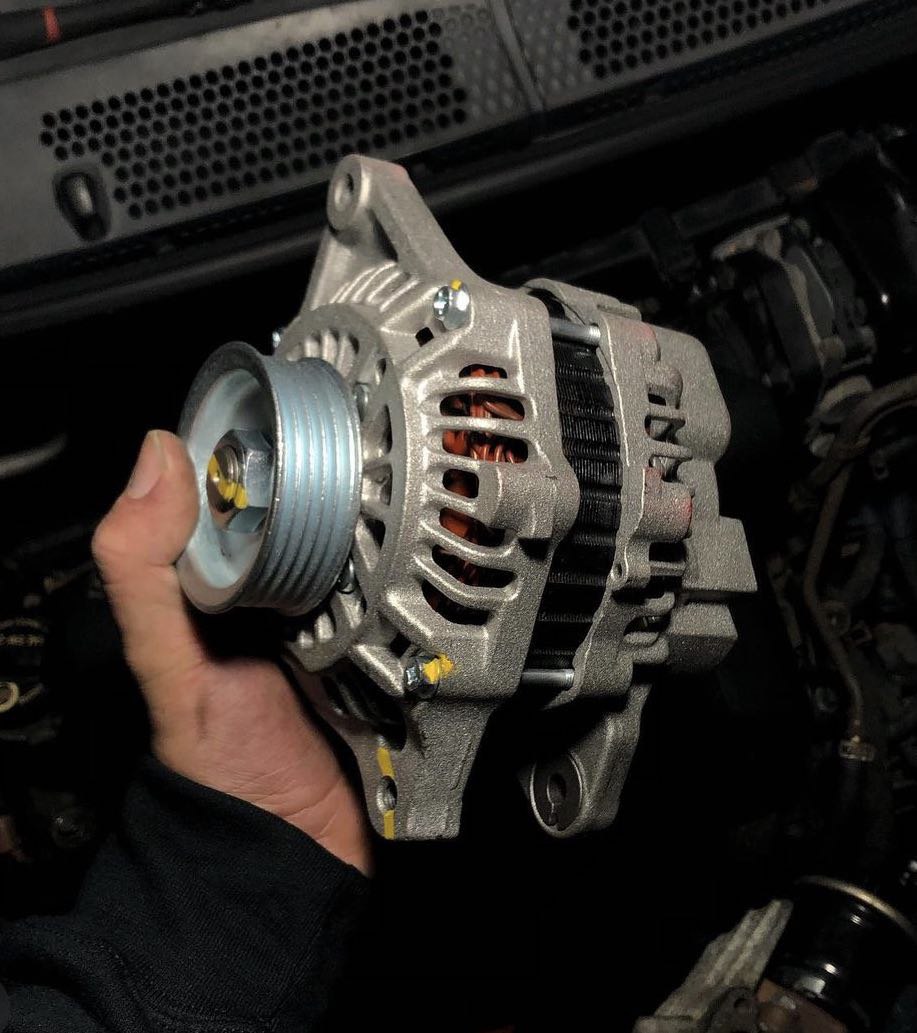When it comes to vehicle maintenance, vehicle owners are often faced with buying new or remanufactured parts. Remanufactured alternators are a popular choice for many vehicle owners because they offer the benefits of a brand-new product at a much lower cost. But are remanufactured alternators good, and how do they differ from the original ones? In this article, we’ll explore the pros and cons of installing a remanufactured alternator and discuss the differences between new and remanufactured alternators.
What Is a Remanufactured Alternator?

Pros of Installing a Remanufactured Alternator
Remanufactured alternators offer several advantages to vehicle owners. One significant advantage is the cost savings. Remanufactured alternators typically cost half or even less of a brand-new unit, which can benefit those operating on tight budgets. In addition, remanufactured alternators usually come with warranties since the components used are tested and certified to perform like new parts. Finally, remanufactured alternators also help reduce environmental waste since they use recycled materials that would otherwise be discarded. Also read about Alternator not Charging until Revved Up.
Cons of Installing a Remanufactured Alternator
Despite the numerous benefits of remanufactured alternators, some drawbacks are also to consider. The biggest con is that remanufactured alternators are less reliable than brand-new units since they are not designed with the same quality standards. Additionally, since used parts are used in the rebuilding process, it’s possible that certain components may not perform as well as new ones or not last as long. Another potential downfall is finding an exact replacement part for older vehicles can be difficult since they may no longer be manufactured.
Difference Between New and Remanufactured Alternators
When it comes to choosing between a new and remanufactured alternator, there are several key differences to consider. The most obvious difference is the cost. New alternators are more expensive than remanufactured units but offer the best performance and reliability. New alternators also come with extended warranties to protect against defects, while remanufactured alternatives typically come with shorter-term warranties. Finally, new alternators are designed for peak performance and energy efficiency, while remanufactured units lack the same level of quality and craftsmanship due to their recycled components.
Conclusion
In conclusion, remanufactured alternators offer several advantages to vehicle owners looking for a cost-effective option. Remanufactured units are significantly cheaper than brand-new alternatives while providing similar performance. However, it’s essential to consider the risks of installing a remanufactured product as they are often less reliable than new units and may not come with extensive warranties. When choosing between new and remanufactured alternators, carefully weigh the pros and cons before deciding.

Add Comment